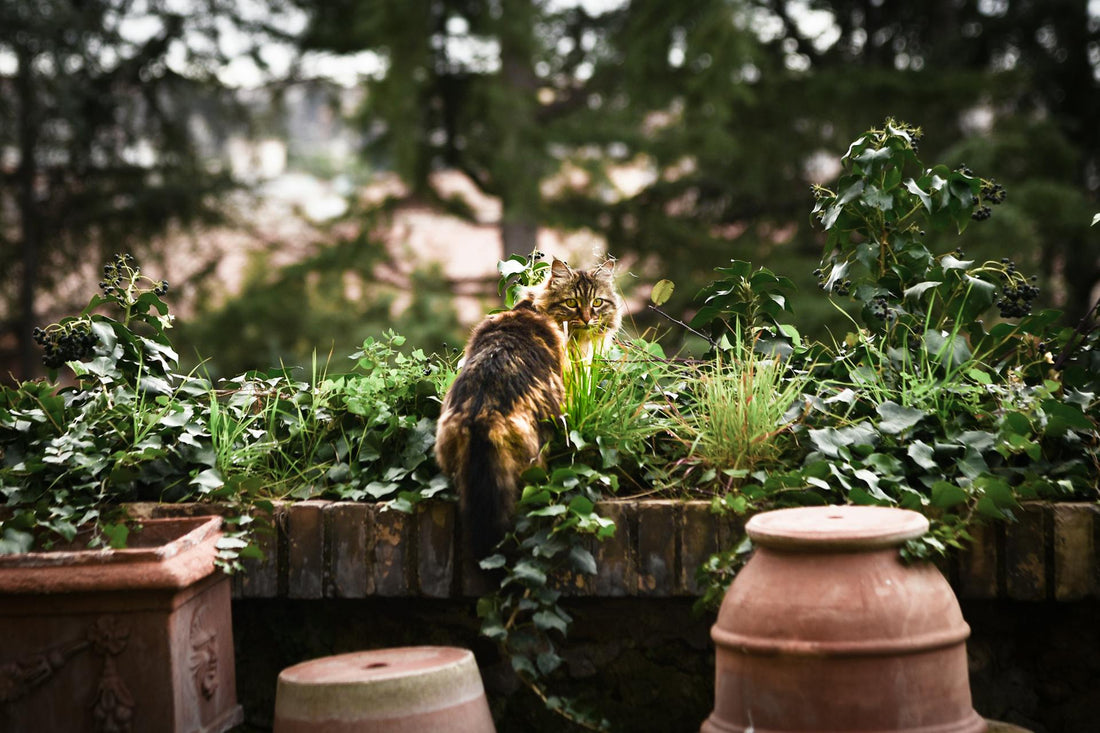
The Fascinating World of Feline Litter Box Habits
Share
Maybe you've likely noticed that your feline friend has a unique way of using the litter box. From the way they dig and cover their waste to the frequency and timing of their visits, cats exhibit a range of fascinating behaviors when it comes to using the litter box. In this article, we'll delve into the world of feline litter box habits, exploring the reasons behind these behaviors and what they can tell us about our cats' health and well-being.
Why Cats Dig
Cats are notorious for their digging habits, and it's not just because they're trying to create a mess. According to a study published in the Journal of Feline Medicine and Surgery, cats dig to create a comfortable and secure environment for themselves (1). By digging and covering their waste, cats are able to create a sense of familiarity and control over their surroundings. This behavior is also linked to their natural instinct to bury their prey, which helps to conceal their scent and protect themselves from predators.
The Importance of Litter Box Maintenance
Cats are meticulous about their litter boxes, and it's essential to keep them clean and well-maintained. A study by the American Animal Hospital Association found that cats are more likely to develop urinary tract infections and other health problems if their litter boxes are not cleaned regularly (2). By scooping and changing the litter frequently, you can help to reduce the risk of these health issues and keep your cat happy and healthy.
The Role of Scent Marking
Cats use scent marking to communicate with other cats and establish their territory. By spraying or rubbing their faces on surfaces, cats leave behind a unique scent that signals their presence and dominance. According to a study published in the Journal of Mammalogy, cats use scent marking to maintain social bonds and establish a sense of familiarity with their environment (3). By providing a clean and well-maintained litter box, you can help to reduce the need for scent marking and promote a sense of calm and relaxation in your cat.
The Impact of Litter Box Size and Type
The size and type of litter box can have a significant impact on your cat's behavior and health. According to a study by the International Cat Care organization, cats prefer litter boxes that are large enough for them to turn around comfortably and cover their waste (4). By providing a spacious and comfortable litter box, you can help to reduce stress and anxiety in your cat and promote a sense of well-being.Cats are fascinating creatures, and their litter box habits are just one example of their unique behavior. By understanding the reasons behind these behaviors and providing a clean, well-maintained, and comfortable litter box, you can help to promote your cat's health and well-being. Whether you're a seasoned cat owner or just starting out, it's essential to remember that every cat is different and may have their own unique litter box habits.
References:
1. Journal of Feline Medicine and Surgery, "Feline litter box behavior: a review of the literature" (2018)
2. American Animal Hospital Association, "Litter Box Maintenance and Hygiene" (2020)
3. Journal of Mammalogy, "Scent marking in cats: a review of the literature" (2019)
4. International Cat Care, "Litter Box Size and Type: What's Best for Your Cat?" (2020)
